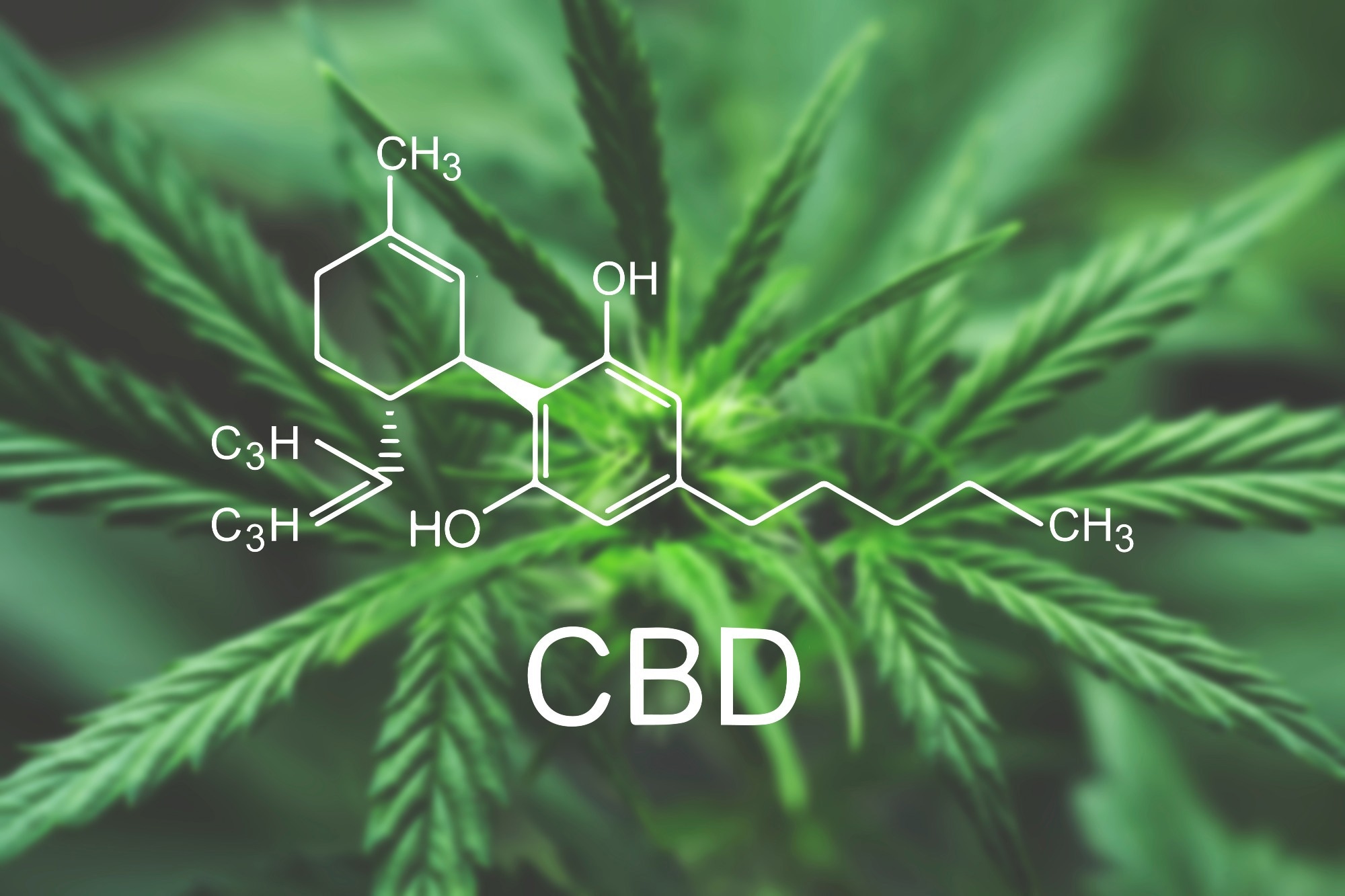In a recent study published in the Food and Chemical Toxicology Journal, researchers reviewed the implications of oral exposure to cannabidiol (CBD).
 Study: Review of the oral toxicity of cannabidiol (CBD). Image Credit: DmytroTyshchenko/Shutterstock.com
Study: Review of the oral toxicity of cannabidiol (CBD). Image Credit: DmytroTyshchenko/Shutterstock.com
Background
Recent studies suggest that CBD intake can lead to reproductive and developmental toxicity and hepatotoxicity in animal models. Several phylogenetically different animals have noted male reproductive toxicity due to CBD.
CBD is also known to elicit several cytochrome P450 enzymes and specific efflux transporters, which could lead to drug-drug interactions as well as a cellular collection of xenobiotics which are usually transferred out of the cell.
The toxicologic characteristics of CBD have raised safety concerns, particularly concerning long-term intake by the general population.
Toxicological profile of CBD
Developmental and reproductive toxicity
The team performed a 90-day oral toxicity assessment for CBD in Rhesus monkeys. Remarkable alterations were noted in organ weights in all CBD dose cohorts for both sexes; however, an obvious dose-response relationship was not noted for all organs.
Compared to controls, relative organ weights were almost 13% to 56% elevated for the liver and 16% to 22% higher for the kidneys. Furthermore, the highest dose cohort elevated relative heart weight by 16% to 22%.
Noticeably lower gonadal weight was noted in both sexes for all doses, for…

